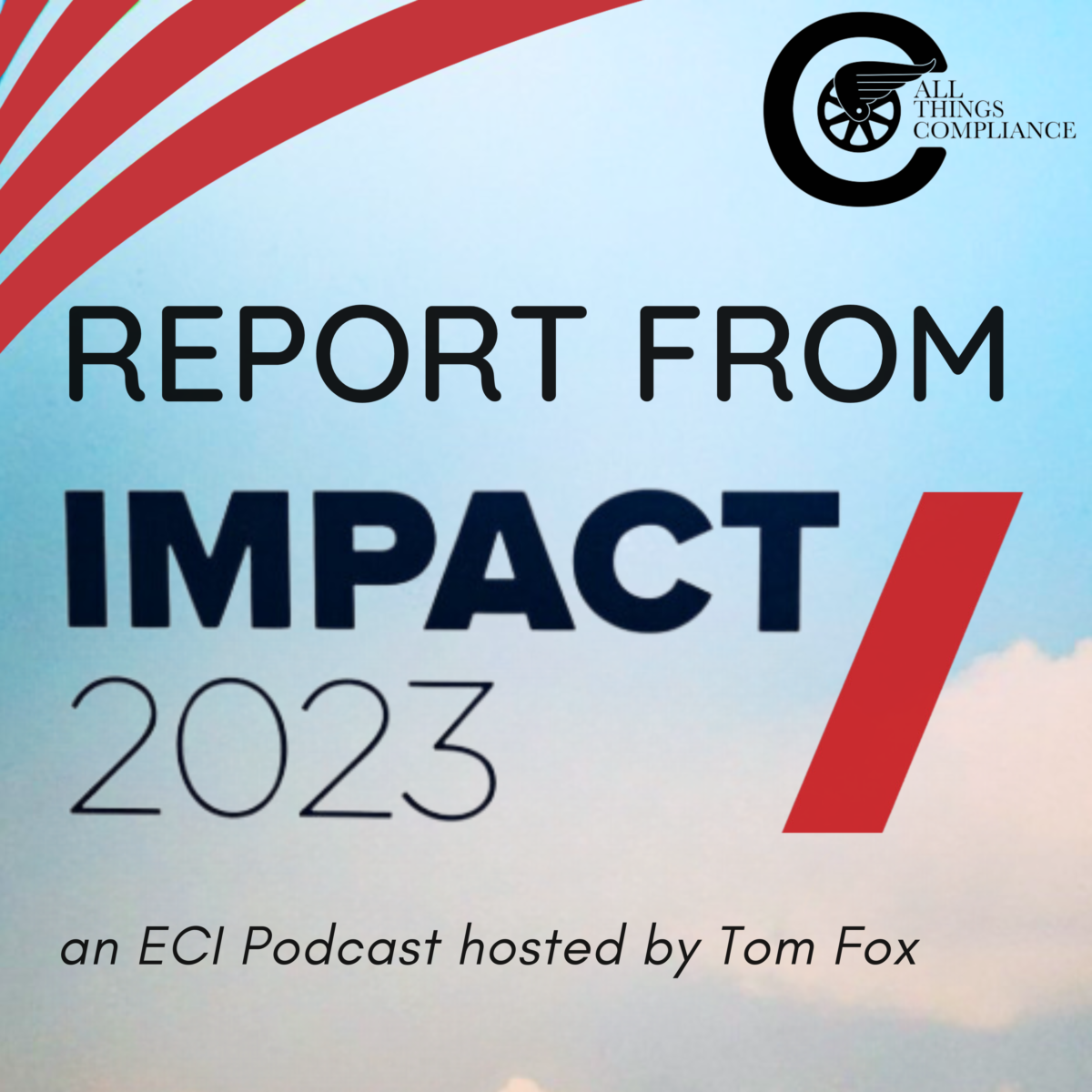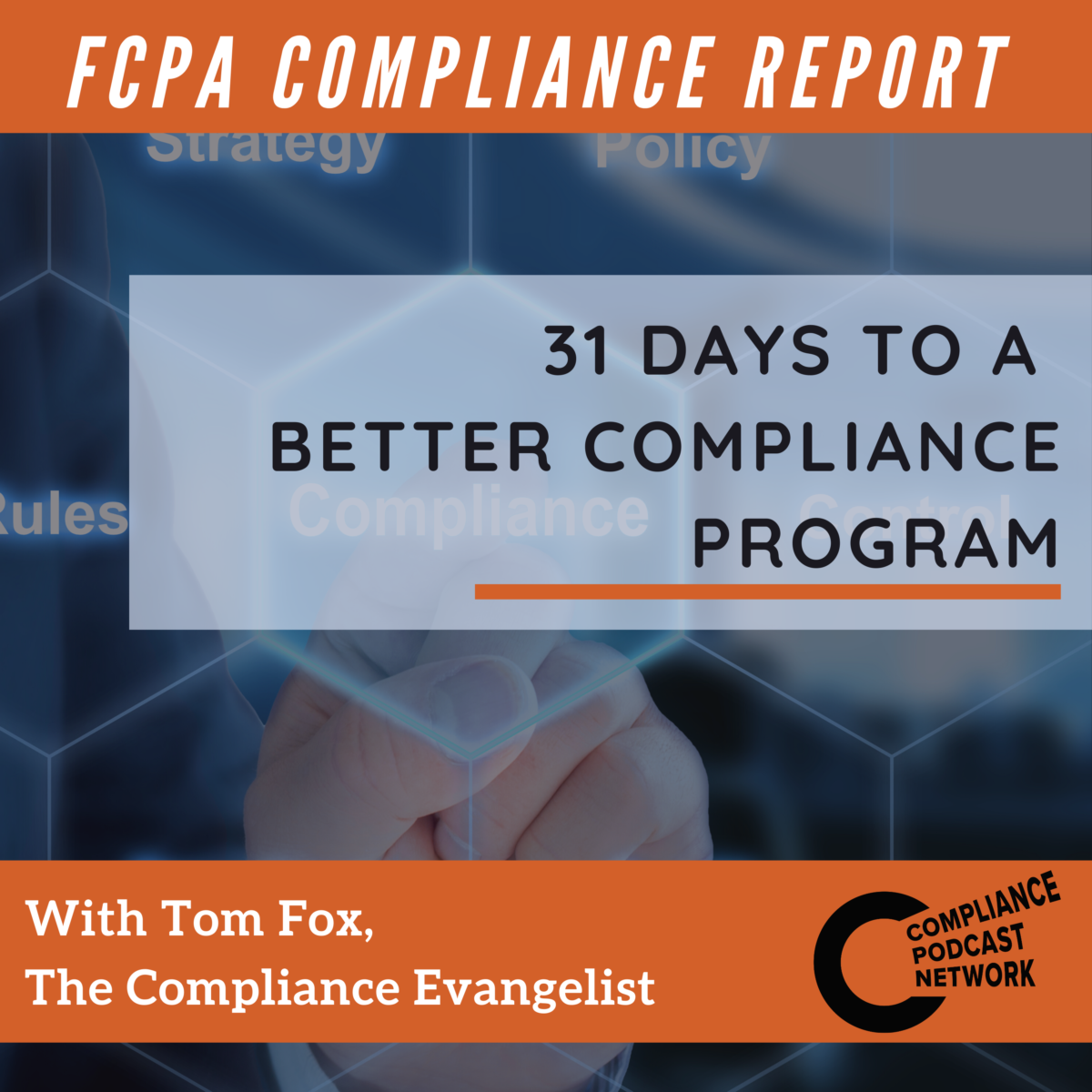Maintaining a positive attitude in compliance programs is crucial for effective interactions and perceptions within the field. In a recent episode of ‘Creativity and Compliance‘ co-hosted by Tom Fox and Ronnie Feldman, the importance of positivity in compliance was discussed in depth. The episode highlighted how focusing on positivity can transform the image of compliance professionals from being seen as restrictive to being viewed as business enablers who collaborate with other departments to achieve ethical business goals.
One key aspect emphasized in the episode is the role of creativity and humor in enhancing communication, engagement, and behavior change within compliance programs. Compliance professionals can employ positive reinforcement strategies to drive ethical behavior and foster a more engaging environment by incorporating creative elements from everyday activities and infusing humor and positivity.
Leadership’s positivity, particularly from a Chief Compliance Officer (CCO), is a significant factor in influencing a compliance function’s overall tone and culture. An optimistic approach from the CCO can set the tone for the entire compliance team, encouraging collaboration and ethical behavior throughout the organization.
Whether you consider the compliance function of Debbie Downer or Dr. No from the Land of No, a corporate compliance function is often characterized by negativity and strict enforcement. It is seen as the Land of Business Non-Development. By shifting towards a more positive and solution-oriented approach, compliance professionals can reframe their role as facilitators of business success while upholding ethical standards. This change in attitude can improve the effectiveness of compliance programs and boost employee morale and engagement.
Quotes from the episode further emphasize the importance of positivity in compliance. “People like being around people that are positive, that are energizing, that are solution-oriented,” highlights the impact of positive interactions on employee engagement and relationships within the organization. Additionally, the quote, “The main evolutionary significance of humor is it gets us from the closed mode to the open mode faster than anything else,” underscores the role of humor in fostering a more open and collaborative environment within compliance programs.
This does not mean a compliance professional must walk around all day with a smile from ear to ear. It means a positive attitude towards working with others in your organization to accomplish goals. It all focuses on fostering relationships. What is your relationship with the business development team members, the finance department, HR, or any other corporate function? One of my favorite strategies is from Russ Berland. Buy pizzas for lunch. Almost everyone loves pizza, so it’s hard to go wrong with pizza for lunch.
Always remember that you want others in the organization to pick up the phone and call you, or if you are back in the office, to stop by and talk to you if they have questions. They are much more likely to do so if there is some personal relationship or connection. Louis Sapirman used to talk about planes, trains, and automobiles. In other words, get out of the corporate headquarters and meet employees where they work. They are, after all, your compliance customers. You might not be able to meet your employees in such a pre-pandemic manner, but the point is still the same; to meet your employee, compliance customer base.
Maintaining a positive attitude toward compliance is essential for building a culture of collaboration, engagement, and ethical behavior. By embracing creativity, humor, and positivity, compliance professionals can enhance communication, drive behavior change, and ultimately contribute to the overall success of compliance programs. Leadership’s positivity, particularly from the CCO, is crucial in setting the tone for the compliance function and fostering a more positive and engaging environment. Organizations can create a more effective and ethical compliance program that resonates with employees and stakeholders by prioritizing positivity in compliance.











